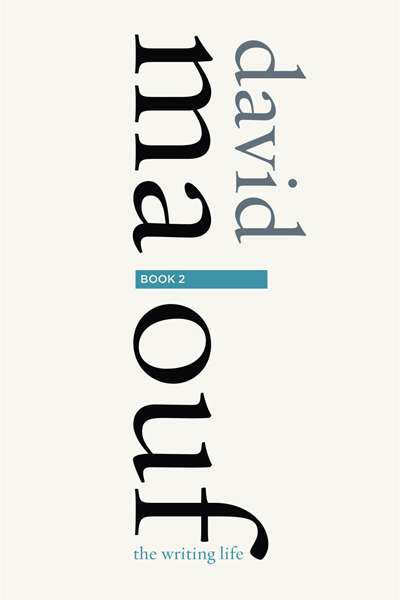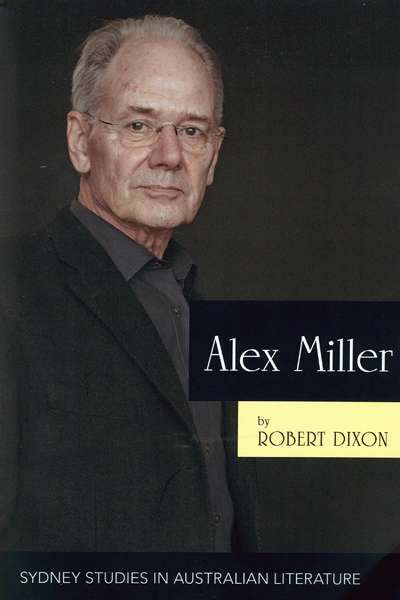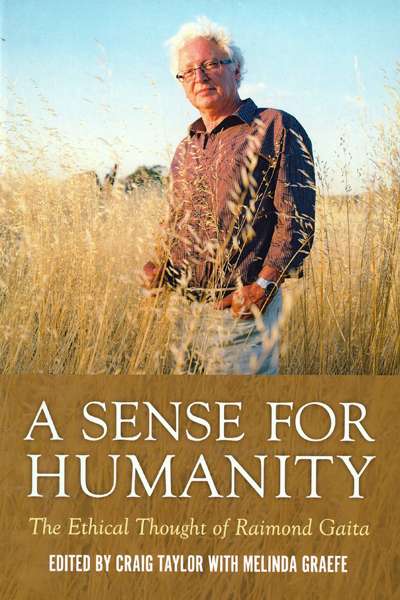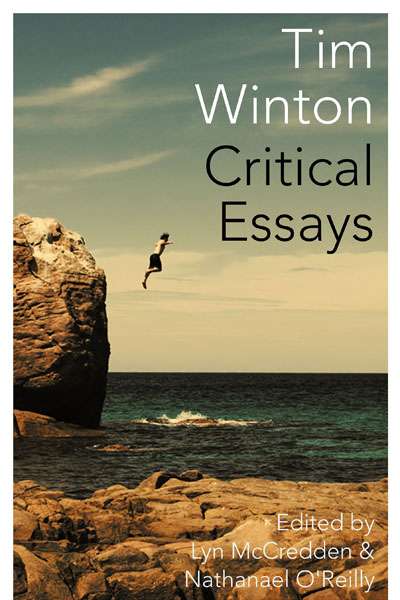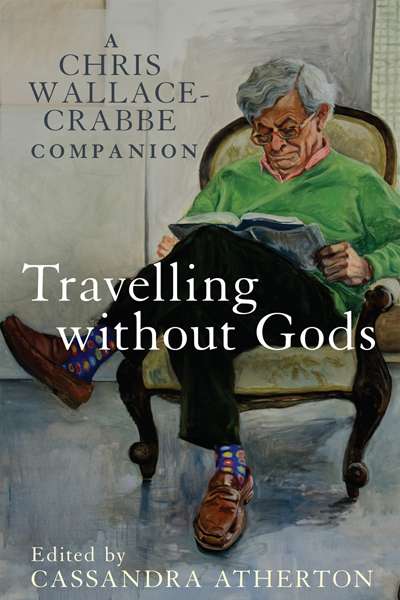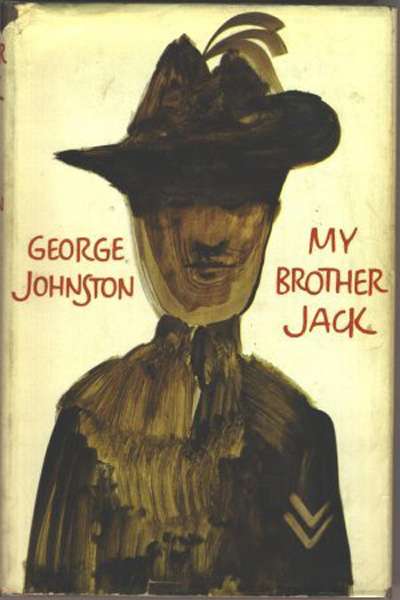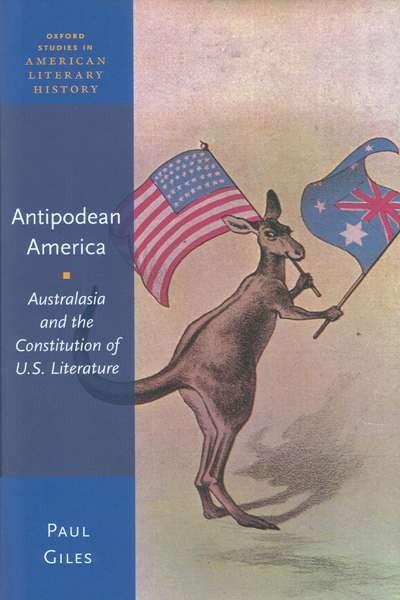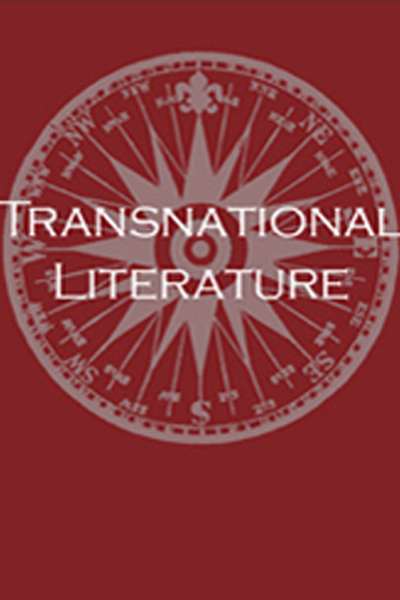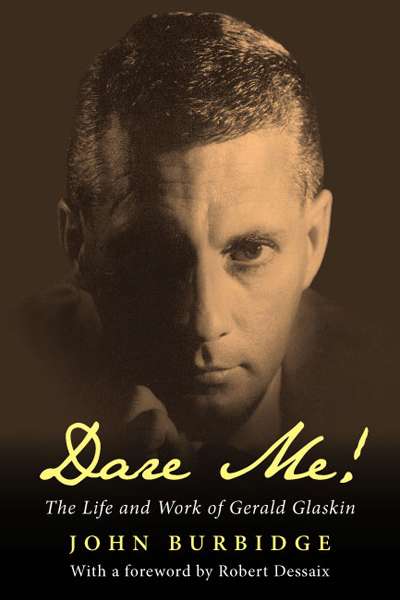Australian Literary Studies
A Sense for Humanity: The ethical thought of Raimond Gaita edited by Craig Taylor with Melinda Graeffe
by Jean Curthoys •
Tim Winton: Critical Essays edited by Lyn McCredden and Nathanael O’Reilly
by Delys Bird •
Travelling Without Gods edited by Cassandra Atherton & My Feet Are Hungry by Chris Wallace-Crabbe
by Anthony Lynch •
Australian Literary Studies, Vol. 28, no. 1-2 edited by Leigh Dale and Tanya Dalziell
by Brigitta Olubas •
The novel begins with the burnished quality of something handed down through generations, its opening lines like the first breath of a myth. Seductive in tone and concision, charged with an aura of enchantment, the early paragraphs of George Johnston’s My Brother Jack (1964) do more than merely lure the reader into the narrative. In these sentences, Johnston reveals the conviction and control of a master storyteller who, at the outset, establishes his ambition and literary lineage:
... (read more)Antipodean America: Australasia and the constitution of U.S. Literature by Paul Giles
by Philip Mead •
Transnational Literature: Vol. 6, No. 2 by Gillian Dooley
by Jay Daniel Thompson •
Dare Me!: The life and work of Gerald Glaskin by John Burbidge
by Jeremy Fisher •

